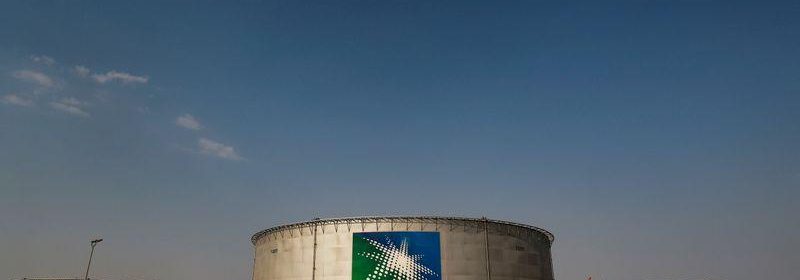Saudi Aramco sends request to banks for pipeline deal financing – sources

DUBAI (Reuters) – Saudi Aramco has sent a request for proposals to banks for financing it wants to offer to investors looking to lease its pipelines, three sources said, a sign the oil giant is progressing with plans to extract value from its assets.
Aramco, which is being advised by JPMorgan and Japan’s MUFG on the financing, has sent the request over the past few weeks to its relationship banks, meaning to banks that have already lent to the company, said two of the sources. The sources spoke on condition of anonymity as the matter is private.
It is asking lenders to submit commitments for a loan that could go up to $10 billion in size, said the two sources.
Aramco and JPMorgan did not immediately respond to requests for comment. MUFG declined to comment.
The planned pipeline transaction would be similar to infrastructure deals signed over the last two years by Abu Dhabi’s national oil company ADNOC, which raised billions of dollars by leasing its oil and gas pipeline assets to investors, sources have previously said.
Aramco is preparing a so-called “staple financing” for its bidders – a financing package provided by the seller that buyers can use to back their purchase.
One of the sources said the terms proposed by the company were “aggressive” both in terms of pricing and duration of the loan.
A second source said the terms reflected market conditions, with Aramco taking advantage of banks flush with liquidity and hungry for new assets.
International investors interested in the pipeline business include BlackRock, and Brookfield Asset Management, sources have previously told Reuters.
Aramco, the world’s largest oil exporter, said on Sunday net profit fell 44.4% to 183.8 billion riyals ($49.01 billion) for the year ended Dec. 31 as the COVID-19 pandemic depressed global crude demand.
However it maintained its pledge to declare a $75 billion dividend for 2020, most of which goes to the Saudi government.
($1 = 3.7501 riyals)
Source: Read Full Article
